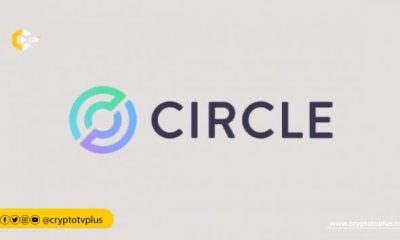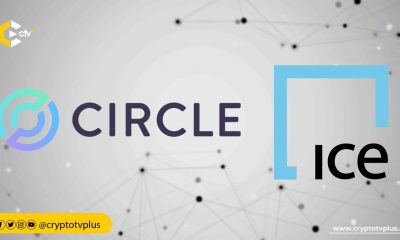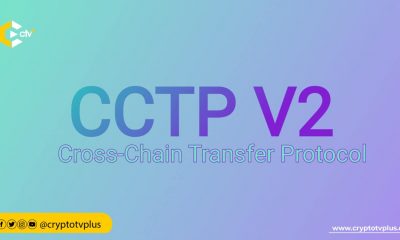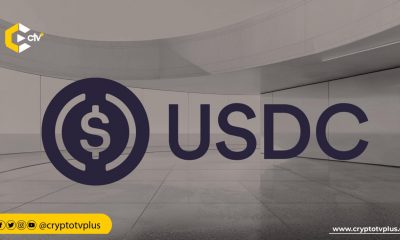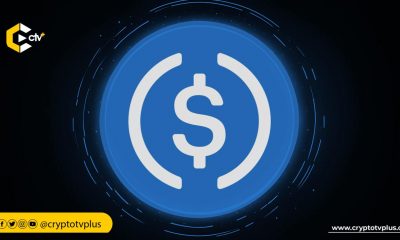News
Circle introduces USDC v2.2 for enhanced efficiency & security
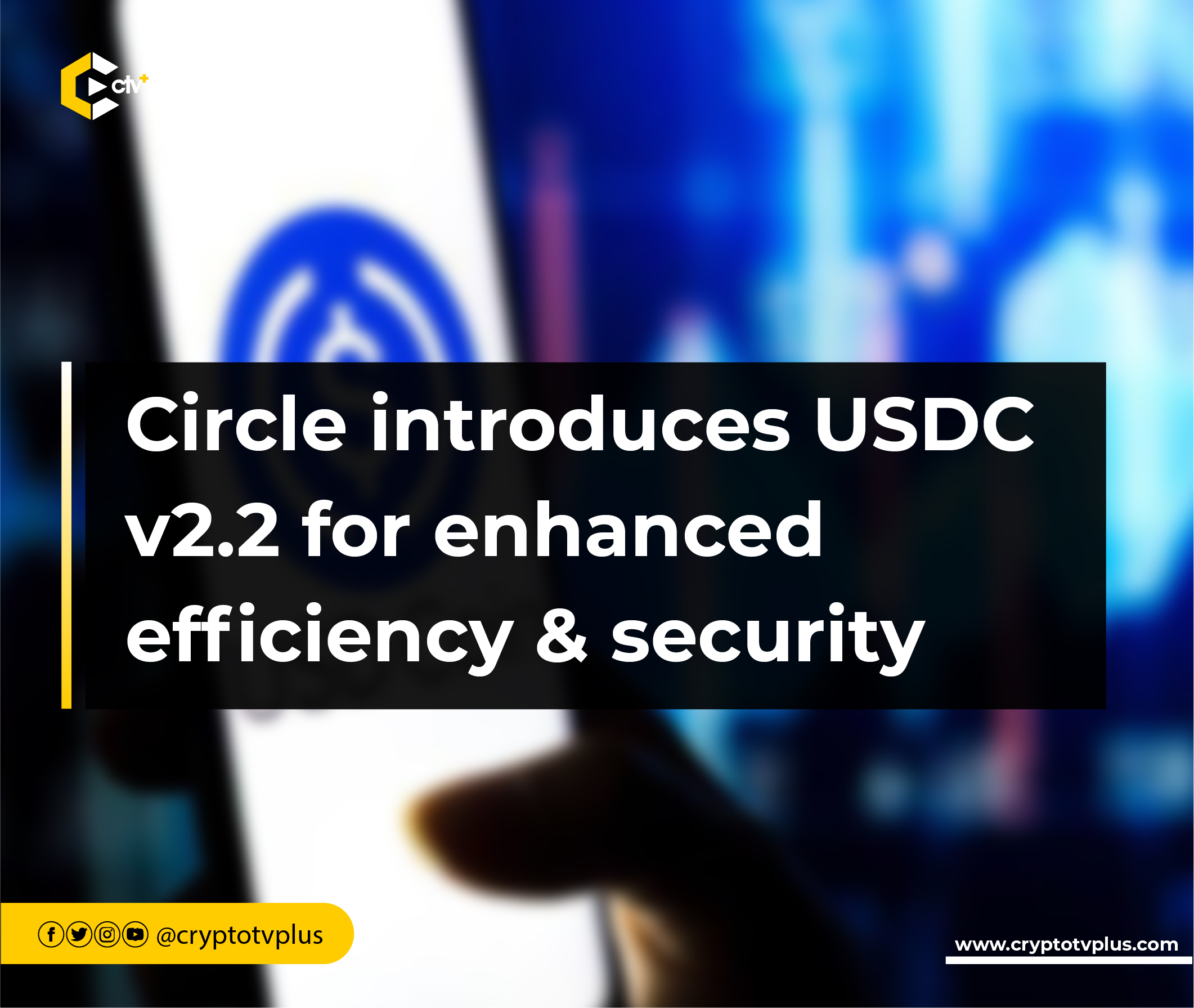
Circle has announced the release of USDC v2.2, a new upgrade for both $USDC and $EURC. This upgrade is set to reduce gas costs, enhance support for account abstraction, and strengthen security measures on EVM blockchains.
Founded in 2013 by Jeremy Allaire and Sean Neville, Circle is a global financial technology firm. Originally focused on peer-to-peer payments technology, it now manages the stablecoin USDC, a cryptocurrency tethered to the U.S. dollar.
Stablecoins are a type of cryptocurrency that aims to maintain a stable value over time by being pegged to another asset class.
Circle manages USDC and EURC, which are fiat-backed stablecoins. While USDC is backed by the US dollar, EURC is pegged to the Euro.
https://x.com/circle/status/1722619479644156008?s=20
EURC is an ERC-20 token hosted on the Ethereum blockchain, enabling traders to exchange their digital assets for EURC on various Ethereum DEXs. Additionally, it can be used in a wide range of Ethereum-hosted decentralized applications.
Key features of USDC v2.2
USDC was initially announced by Circle on May 15, 2018, and launched in September of the same year. EURC, on the other hand, was introduced in 2023.
The new version of USDC aims to reduce costs for users when deploying the asset for their transactions. Gas fees are tokens paid for transactions conducted on the blockchain.
Additionally, the updated version includes enhanced account abstraction support. Account abstraction is a mechanism that separates the control of a user’s funds from the execution of smart contracts on a blockchain network.
This feature provides more flexibility in managing assets on a blockchain network and enhances overall network security.
The company also noted that in response to the evolving blockchain landscape, it prioritizes security enhancements in v2.2.
This ensures that users can engage with $USDC and $EURC with confidence, knowing that their transactions are fortified against potential threats.
Circle has been instrumental in promoting the widespread use of stablecoins by collaborating with various protocols such as Polygon, Solana, and Arbitrum, to integrate USDC into blockchains.
This empowers developers to effortlessly create using the API, streamline user access, and cater to enterprise needs.
Read also; USDC stablecoin issuer, Circle, weighs IPO plans for 2024



